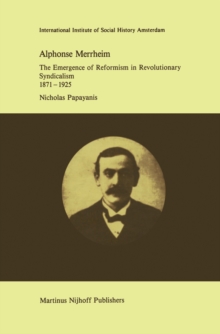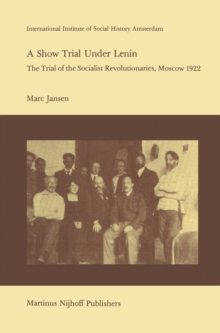
Politics and Society in Early Modern Iraq : Maml?k Pashas, Tribal Shayks, and Local Rule Between 1802 and 1831 PDF
by T. Nieuwenhuis
Part of the Studies in Social History series
Description
1 This study deals with the Mamliik period in Iraqi history (1750- 1831), and more particularly with later Mamliik times (1802-1831).
The year 1831 marks the watershed between an era of 'local rule' and one of restored Turkish centralization.
During the Mamliik period the influence of external powers in Iraq was not excessive; after that year direct Turkish rule coincided with growing British in- fluence, which increasingly opened the country to the forces of the world market.
As an object of study the period of local rule is inter- esting, particularly because it formed the background to, and in some aspects also the start of, the modern history ofIraq.
The literature available on Mamliik rule and tribal power is scarce and unsatisfying in various ways.
The best history of 'Ottoman' Iraq is still that of Longrigg, which was written in the 1920's.
However, although based on an admirable range of sources, it provides the reader with little more than a political chronology.
Generally, the social and political historian of early modern Iraq is confronted with a lack of information of a very basic kind - if indeed he can find any 2 relevant information.
For example, there is hardly any information on the Mamliik institution.
Only the most scanty evidence exists on the history of the Yanissaris of Baghdad, or on the socio-political history of the lower orders of the town.
Again, almost nothing is known about the lower orders of the sedentary rural world.
Information
-
Download - Immediately Available
- Format:PDF
- Publisher:Springer Netherlands
- Publication Date:06/12/2012
- Category:
- ISBN:9789400974883
Other Formats
- Hardback from £89.99
- Paperback / softback from £94.69
Information
-
Download - Immediately Available
- Format:PDF
- Publisher:Springer Netherlands
- Publication Date:06/12/2012
- Category:
- ISBN:9789400974883










